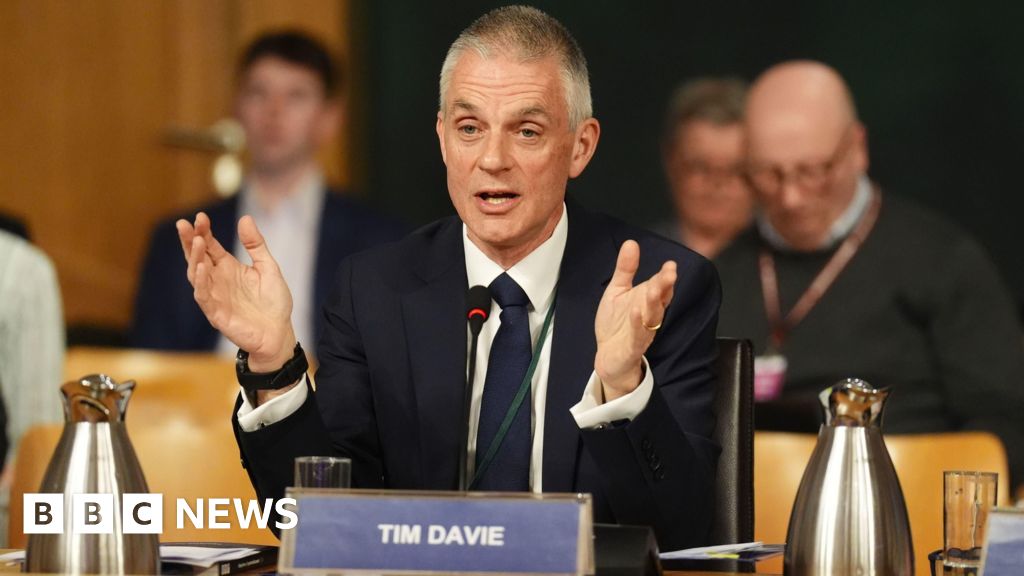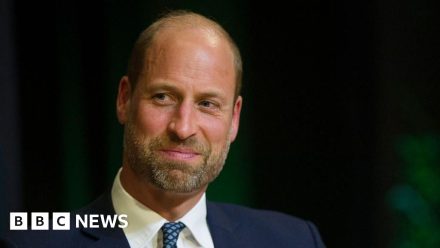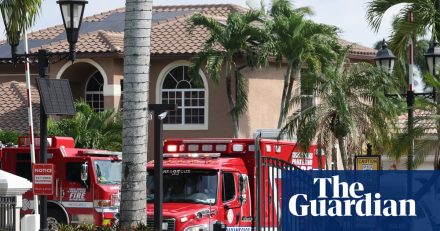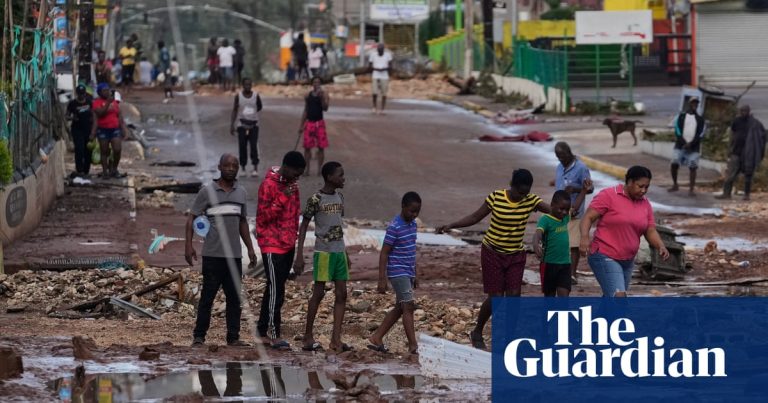Francesca Gillett and Helen Bushby, BBC reporters
BBC director general Tim Davie and head of news Deborah Turness have resigned after admitting mistakes were made following criticism that a Panorama documentary misleadingly edited parts of Donald Trump’s speech to make it appear he was explicitly urging the January 6 Capitol attack.
The Panorama programme, “Trump: A Second Chance?”, aired on 28 October 2024, days before the US presidential election. A leaked internal memo by Michael Prescott — a former external adviser to the BBC’s editorial standards committee — alleged that the one-hour programme stitched together sections of Trump’s 6 January 2021 speech that were more than 50 minutes apart. In the edit, Trump appears to say: “We’re going to walk down to the Capitol… and I’ll be there with you. And we fight. We fight like hell.” The memo said the edit gave the impression of a direct call to violent action. Prescott said he raised concerns and left his role in June, saying he acted “in despair at inaction by the BBC Executive.”
BBC chair Samir Shah wrote to parliamentarians accepting that “the way the speech was edited did give the impression of a direct call for violent action” and apologised for the editorial error. He said the matter had prompted wider reflection; the BBC has received more than 500 complaints since the memo was published.
President Trump reacted by saying senior BBC figures were quitting after being caught “doctoring” his speech and his lawyers sent the corporation a letter demanding a full retraction, an apology, and compensation. The letter set a deadline of 14 November 2025 and warned that failure to comply could lead to legal action seeking at least $1bn in damages. The BBC said it would respond in due course.
Who are Tim Davie and Deborah Turness?
– Tim Davie became director general in September 2020 and earned between £540,000–£544,999. He oversaw the BBC’s services and had ultimate editorial and operational responsibility.
– Deborah Turness was CEO of BBC News and Current Affairs from 2022, earning between £430,000–£434,999, responsible for about 6,000 staff and global news output in more than 40 languages.
What the leaked memo also raised
The Prescott memo also highlighted concerns beyond Panorama:
– BBC Arabic: Allegations of systemic problems in coverage of the Israel–Gaza war. Shah said action had been taken, including restructuring the BBC Arabic team, appointing a new Arabic-speaking Head of Editorial Quality and Standards in the World Service, and creating a social media research unit to verify contributors.
– Coverage of trans issues: Prescott claimed specialist LGBTQ reporters sometimes declined to cover stories raising difficult questions about the trans debate, effectively censoring such coverage. Separately, the BBC upheld 20 impartiality complaints earlier in the year over presenter Martine Croxall altering a BBC News Channel script to say “women” instead of “pregnant people,” finding her facial expression suggested a personal view.
Resignations and statements
Davie said the debate around BBC News had contributed to his decision and accepted ultimate responsibility for mistakes. He did not single out the Panorama documentary in his resignation but said the timing of his departure would allow a new director general to help shape the next Royal Charter, due for review before 2027.
Turness said the controversy around the Panorama programme had reached a point where it was damaging the BBC. As CEO of BBC News and Current Affairs she said “the buck stops with me” and offered her resignation. She defended BBC News against claims of institutional bias, calling those allegations wrong while acknowledging mistakes had been made.
Other controversies during Davie’s tenure
Davie’s five years as director general included several high-profile editorial crises:
– An Ofcom ruling that the BBC committed a “serious breach” of broadcasting rules by failing to disclose a documentary narrator’s family link to a Hamas official.
– Coverage of a Glastonbury performance by Bob Vylan that broke editorial guidelines after a chant calling for “death… to the IDF.”
– High-profile departures and dismissals, including presenters Gregg Wallace and John Torode following inquiries, and Match of the Day presenter Gary Lineker leaving after sharing a contentious social media post.
– An investigation into alleged drug use by Strictly Come Dancing stars and the departures of professional dancers following allegations about their behaviour.
Reaction
Political and media figures responded:
– Sir Keir Starmer’s spokesman said the prime minister does not believe the BBC is “institutionally biased”; Number 10 rejected calls that the BBC was “corrupt.”
– Dame Caroline Dinenage, Conservative chair of the Culture, Media and Sport Committee, criticised Davie for being “slow to react” and described the situation as an institutional editorial failure rather than a board-level coup.
– Former Radio 4 controller Mark Damazer welcomed debate about impartiality but rejected claims the corporation is “systemically biased.” Ex-Telegraph editor Sir Charles Moore argued the BBC reports from a metropolitan left viewpoint.
How Davie’s replacement will be chosen
The director general is appointed by the BBC Board, chaired by Samir Shah and composed of non-executive and executive members. The new DG will be the 18th in the BBC’s 103-year history. Names said to be under consideration included Charlotte Moore, Jay Hunt and James Harding.
Summary
Davie and Turness resigned amid fallout from a Panorama programme that was found to have given the impression of misrepresenting Donald Trump’s speech, prompting internal and external criticism, hundreds of complaints, a public apology from the BBC chair, and a legal threat from Mr Trump. The episode also fed into wider scrutiny of BBC editorial standards across coverage of the Israel–Gaza war and trans issues, and follows a period of repeated editorial controversies under Davie’s leadership.






